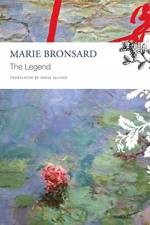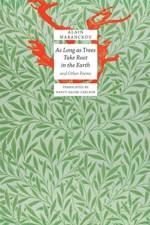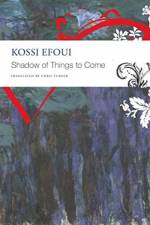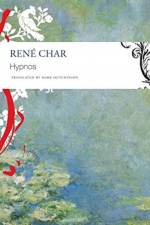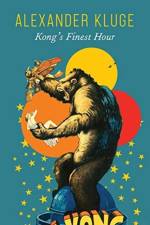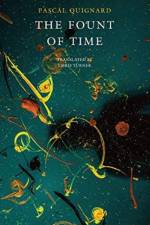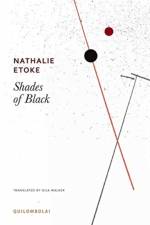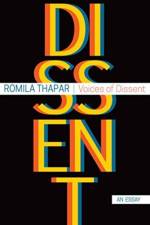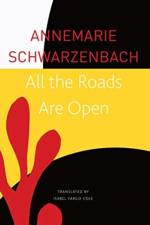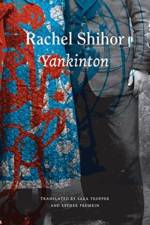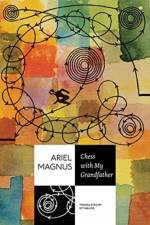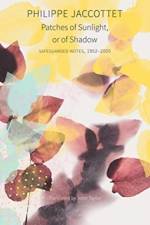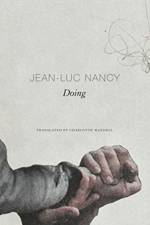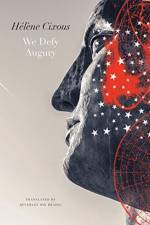av Hans Magnus Enzensberger
165
Any new book by poet, essayist, writer, and translator Hans Magnus Enzensberger, one of the most influential and internationally renowned German intellectuals, is cause for notice, and Mr. Zedâ¿s Reflections is no exception. Every afternoon for almost a year, a plump man named Mr. Zed comes to the same spot in the city park and engages passersby with quick-witted repartee. Those who pass ask, who is this man? A wisecracker, a clown, a belligerent philosopher? Many shake their heads and move on; others listen to him, engage with him, and, again and again, end up at the same place. He doesnâ¿t write anything down, but his listeners often take notes. With subversive energy and masterful brevity, Mr. Zed undermines arrogance, megalomania, and false authority. A determined speaker who doesnâ¿t care for ambitions, he forces topics that others would rather keep to themselves. Reluctant to trust institutions and seeing absolutely nothing as ânon-negotiable,â? he admits mistakes and does away with judgment. He is no mere ventriloquist dummy for his creatorâ¿he is too stubborn for that. And at the end of the season, when it becomes too cold and uncomfortable in the park, he disappears, never to be seen again. Collected in this thought-provoking and unique work are the considerations and provocations of this squat, park-bench philosopher, giving us a volume of truths and conversations that are clear-cut, skeptical, and fiercely illuminating.

